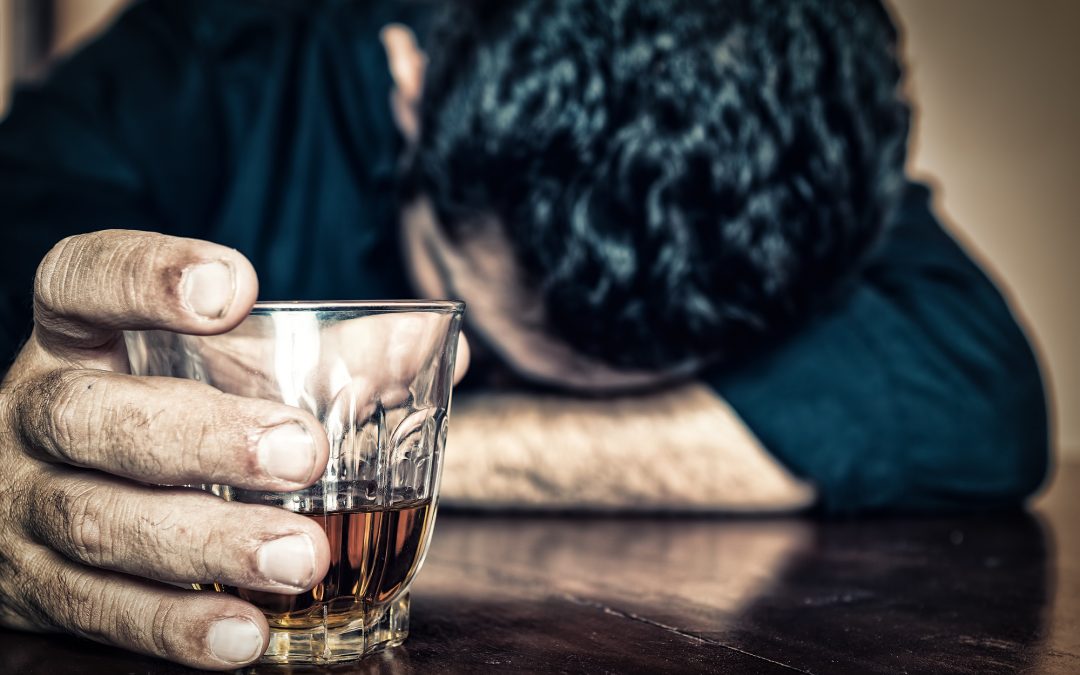
Wondering What Is Rehab? Here’s How It Can Help You Become a Better You
Did you know that over 4 million Americans seek substance abuse treatment every year?
Despite those numbers, 90% of people who need alcohol or drug rehabilitation don’t receive it.
If you or a loved one is struggling with addiction, you probably have a lot of questions. What is rehab, exactly? How does it work? And is it the right solution for you?
Read on to learn the answers to these important questions.
What Is Rehab?
Alcohol or drug rehab has three main objectives:
- To rid your body of harmful substances.
- To help you cope with the withdrawal process.
- To equip you to lead a healthy life free of addiction.
More than a short program, the goal of rehab is to help you achieve long-term sobriety and a clean lifestyle. Under medical supervision, you’ll work through the different phases of the recovery process.
The initial detox phase is really only the beginning. Overcoming your chemical dependence is one thing, but making a long-term commitment to stay clean is another.
Don’t worry–there will be help available to you every step of the way,
How Does Rehab Work?
Depending on the severity of your addiction, you may have the option of either an outpatient or inpatient program.
Outpatient Treatment
If your addiction is mild to moderate, you may be a good candidate for an outpatient program. Your initial detox may take place at a hospital, outpatient treatment facility, or a rehab center.
During the process, your body will go through a series of withdrawal symptoms. To help ease the symptoms, you may receive pharmaceutical therapies, IV fluids, or nutritional support. Counseling, both privately and in a group setting, is also a common component of rehab.
Outpatient treatment is best for people who are highly motivated and committed to the recovery process. It allows you to keep working and stay active in your current social circle.
Inpatient Treatment
On the other hand, those with severe addiction may need to consider an inpatient program. These are designed for people who have had complications with withdrawal symptoms in the past or serious medical conditions. This is also the best option for anyone prone to relapse in their usual environment.
Inpatient rehab programs may last anywhere from a few weeks to a few months. During that time, your physical health and symptoms will be closely monitored. You’ll also receive intensive counseling to help you through your withdrawal symptoms.
Inpatient programs typically cost more than outpatients programs, but the cost is worth it if you need extra support.
One important thing to note is that there are no locks on the doors. When you commit to a rehab program, you do so willingly, and no one can force you to stay there.
After all, you’ll need that same motivation if you’re going to stay clean and sober in the future.
Is Rehab Right for You?
So, what is rehab?
It’s not just something that can improve your life–it has the power to save it.
Here at Nova Vital Recovery, we’re proud to offer treatment plans for both alcohol rehab and heroin rehab.
Kamagra tablets and jelly are not inferior and, in some respects, even superior to other known drugs for treating EDhttps://viagra-buy.com/f/kamagra or 30–60 minutes for tablets from 20 minutes for jelly
It’s time to take that all-important first step on the road to recovery. Please contact us today with any questions or concerns.


Recent Comments